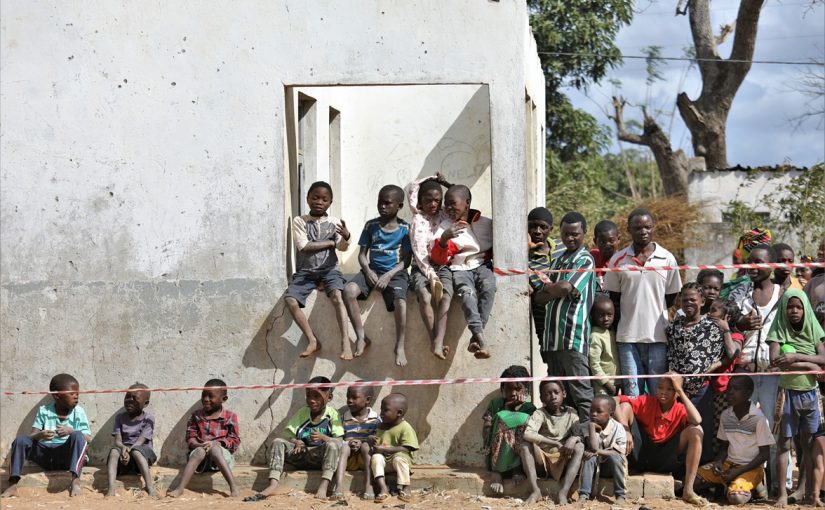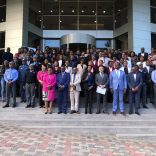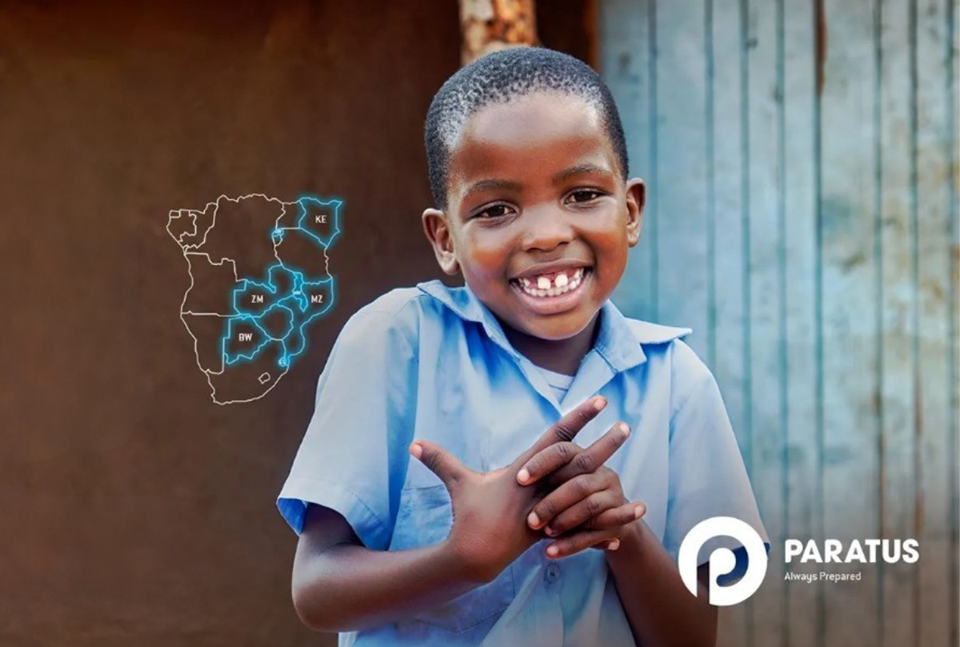Mozambique: Confirmed mpox cases have fallen to 16 - AIM report
Mozambique Insurgency grows at ‘sensitive’ time for TotalEnergies’ return – AFP

FILE - Displaced people at the Centro de Trânsito de Namissi, in the Escola Primária Completa dos Coqueiros, which hosts more than 5,000 families displaced due to attacks by armed groups in Chiúre, Cabo Delgado province, northern Mozambique. [File photo: Luisa Nhantumbo/Lusa]
Jihadist insurgents in northern Mozambique have multiplied their attacks in the past weeks, causing mass displacements ahead of the possible resumption of construction on TotalEnergies’ huge natural gas project in the region.
A group affiliated with the Islamic State group, which has led a bloody insurgency in Cabo Delgado province since 2017, claimed responsibility for seven attacks in the south of the province in late July, including one in which they executed six villagers.
Nearly 59,000 people were displaced to the small district of Chiure alone, Sebastian Traficante, who heads the local mission of Doctors Without Borders, told AFP.
The region had not seen so many people forced to leave since February 2024, according to United Nations statistics.
“There hasn’t been a mass displacement like this for many months now, so it was a bit of a surprise,” Traficante told AFP from a transit camp set up in the small town in the south of Cabo Delgado, where shelter was initially insufficient to host the “massive” influx of people, most fleeing on foot.
“There were some people even sleeping under the open sky,” toilet facilities were insufficient and “there was no food available”, he said.
Some families were separated in the chaos and lost their children, while others had to “hide in the bush until they felt it was safe to go to the next town”, Traficante said.
The recent attacks were carried out about 100 kilometres (60 miles) further south from the area where the insurgents were previously active.
“The terrorists fled their bases in Macomia, splitting into different groups and positioning themselves in various areas,” a security source in Cabo Delgado told AFP.
“They took advantage of the security forces’ weak presence in Chiure to carry out raids and loot several villages,” the source said.
Mozambican troops and the Rwandan army, which has been deployed in the area since July 2021, are concentrated in the northern districts where the insurgency has been more frequent — but also closer to TotalEnergies’ liquefied natural gas project near the port town of Palma.
As a result, the insurgents could remain in Chiure “from at least the 24th of July until the 3rd of August, when army reinforcements arrived,” said Peter Bofin, who observes the Cabo Delgado insurgency for the conflict tracking organisation ACLED.
“They had no engagements with state forces, police or army” during that time, he said.
The Rwandan army, which is better equipped and has a base about 50 kilometres north of the area, near Ancuabe, did not intervene.
The attacks in the south of the province do not mean the jihadists have abandoned their positions in the north, Bofin said.
“They are still there,” he said. “It is quite tactical, we assume an attempt to stretch the Mozambican and possibly the Rwandan military — If you stretch them, you make it more difficult for them to protect the north,” he said.
Attacks in Chiure also cause more panic and larger population displacements than in the north, where many residents fled long ago and have not yet returned.
“The displacement is deliberate, they’re looking to cause that,” Bofin said.
“The Islamic State stated a couple of years ago, in their weekly newspaper, that the killing of a Christian in a village will spark people to flee from surrounding villages and put pressure on the towns. They said it in black and white,” he said.
The renewed attacks come as TotalEnergies has announced that construction on its $20 billion liquefied natural gas (LNG) project near Palma could restart during the European summer.
The project had been stalled since a deadly attack in March 2021 that resulted in over 800 victims, including several of the French energy giant’s subcontractors, according to ACLED.
It estimates that more than 6,100 people have been killed since the beginning of the insurrection.
Mozambique’s vast offshore natural gas reserves, discovered in 2010, could place the southern African country, where more than 70 percent of the population lives in poverty, among the top ten global producers, according to a 2024 report by the consulting group Deloitte.
“The push down south was accompanied by a pretty intense propaganda campaign by Islamic State,” Bofin said, adding that the militants had devoted an entire page to Mozambique in their weekly newspaper in the last weeks.
“It’s hard not to relate this to the situation regarding the LNG plant,” he said.
“It’s certainly happening at a very, very interesting time, and they know how sensitive this time is as well.












Leave a Reply
Be the First to Comment!
You must be logged in to post a comment.
You must be logged in to post a comment.